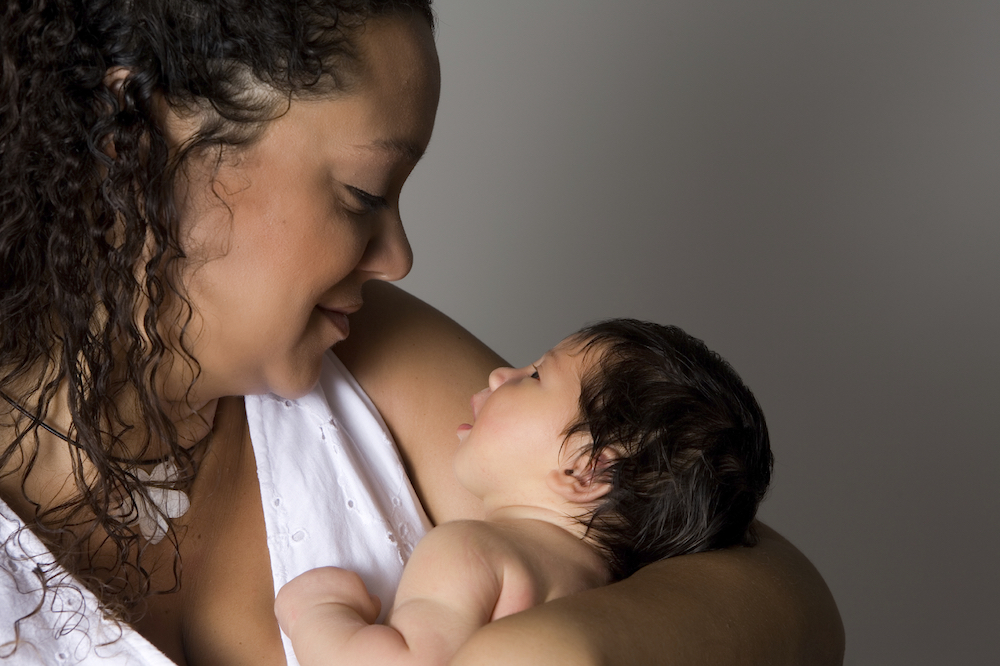
Does your pregnancy diet determine your baby’s risk of developing food allergies?
Food allergies are becoming more prevalent these days, but no one really knows why the number of children who have allergies is growing. Scientists speculate that it might be because there’s more awareness among doctors and parents, or maybe it’s due to lower immunity levels caused by a lack of exposure to bacteria and allergens early in life during the age of antibacterial everything. But one thing’s for sure – you don’t want your baby to develop them. So what can you do during a pregnancy?
Should you avoid eating highly allergenic foods?
It used to be that doctors recommended staying well clear of highly allergenic foods like shellfish, wheat, soy, cow’s milk, fish, peanuts, eggs and tree nuts while you’re pregnant. But now they’re not sure if this really has beneficial effects. In fact, some are convinced that avoiding these foods altogether can actually increase your baby’s risk of developing food allergies – it’s still under a lot of debate.
Many studies are attempting to solve this dilemma once and for all, but until they do, it’s probably fine to eat these foods unless you’re allergic to them yourself – both when you’re pregnant and when you’re breastfeeding. If you notice any allergy symptoms in your baby in the first year or so, then you’ll have a better idea of what foods he or she may not be able to eat. This may include hives, itchy eyes, vomiting, paleness, fainting, difficulty breathing and swelling of the eyes, tongue or lips.
Is there anything else you can do?
Research has shown that breastfeeding itself is one way to reduce your child’s risk of food allergies. Exclusive breastfeeding (without any formula whatsoever) is recommended for at least four months, but if this isn’t possible, choose a hypoallergenic cow’s milk-based formula. The milk proteins in this type of formula are broken down so they won’t provoke an immune response.
Also, try introducing your child to allergenic foods after four to six months, but be sure to watch for signs of a reaction. This might help to protect your baby from developing a food allergy.
When it comes down to it, there’s not much you can do about reducing your child’s risk of developing food allergies aside from breastfeeding and introducing all types of solid foods at a young age. Don’t feel bad if you choose to indulge in peanut products or fish while you’re pregnant – it might be a good thing!
Is there a reason why food cravings happen during a pregnancy?


Leave a Reply